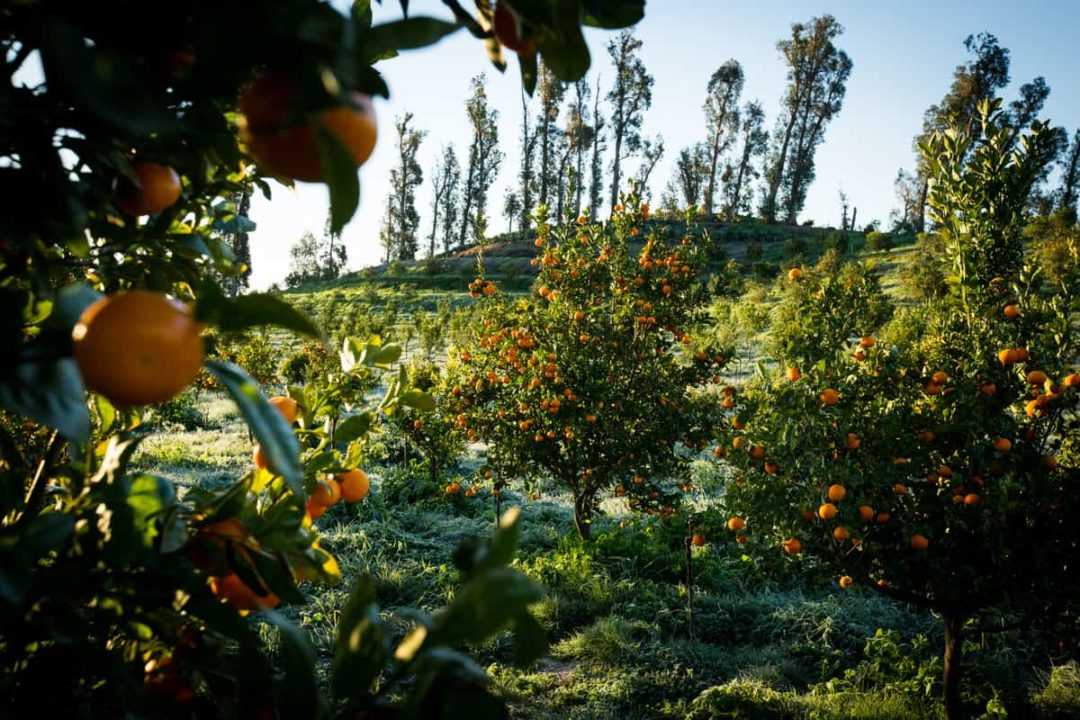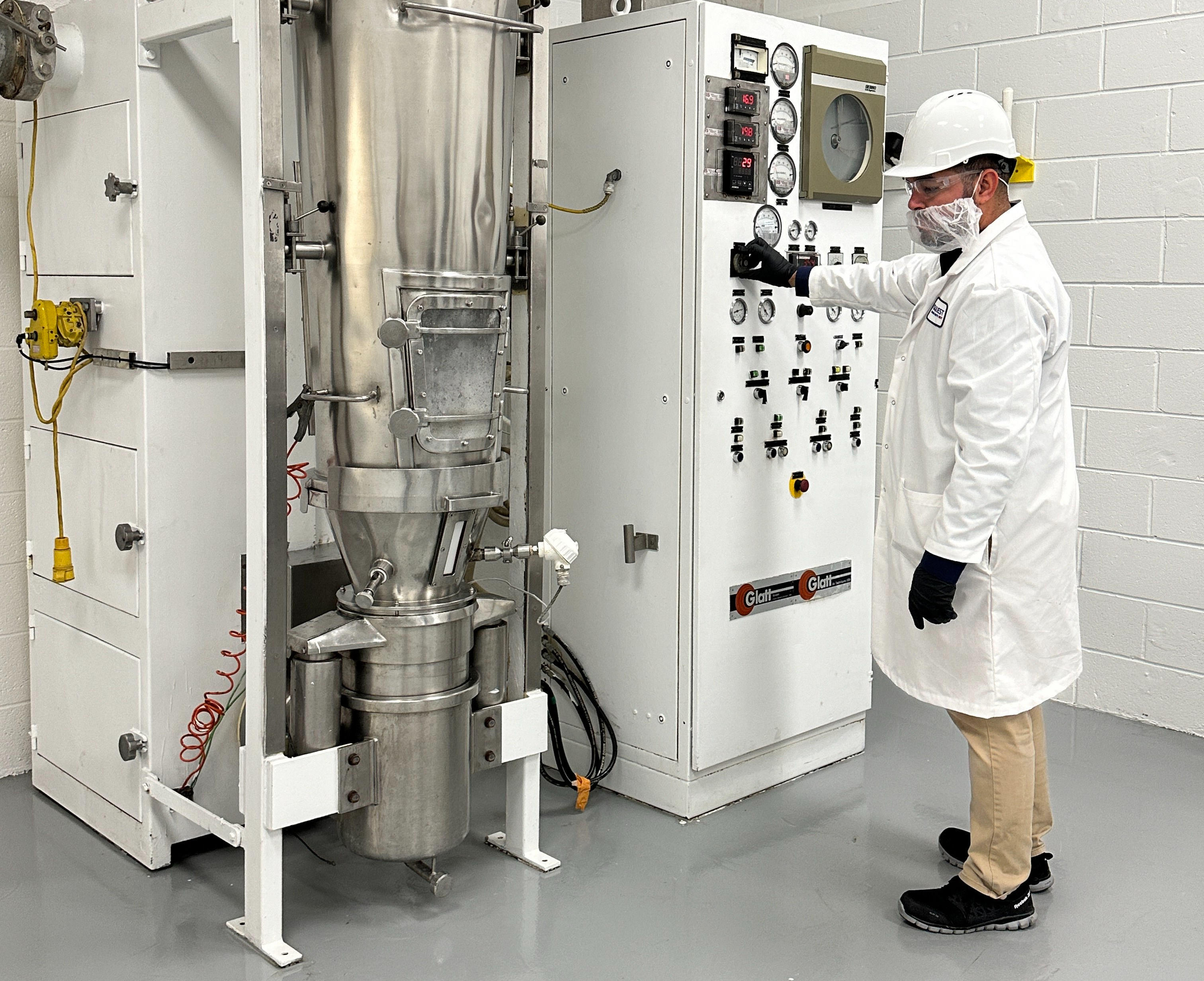“Growing food and fiber with industrial techniques and harmful chemicals is having devastating effects on human health and the health of our planet. This type of farming degrades soil, which over time reduces our ability to grow healthy crops and contributes to the loss of topsoil and water-limited resources we can’t afford to waste. Switching to Regenerative Organic practices builds healthy soil and draws even more carbon back into the ground, turning our agricultural system from problem to solution,” said Birgit Cameron, Head of Patagonia Provisions, in the press release. “There has never been a more important time to engage in our mission to save our home planet through agriculture, food and health. We have seen a groundswell of enthusiasm and support for all the farmers, ranchers, fishers and producers moving in this direction together.”
Additionally, the press release notes, the first ROC products are available in the marketplace.
ROA was formed in 2018 to promote regenerative organic farming. The same year, it established the ROC standard, and then in 2019, it conducted a pilot program to test the standard on real farming operations around the world.
Farms looking to become ROC must first hold USDA Organic certification. ROC adds further criteria to ensure soil health, animal welfare, and social fairness. The certification has three levels—bronze, silver, and gold. The levels require farms and businesses to phase in more rigorous regenerative practices over time.
“Regenerative Organic Certification brings together the best of existing soil health, animal welfare, and fair labor certifications into a single standard. Adopted at global scale, regenerative organic management of agricultural lands can mitigate climate change and help build resilient rural communities,” explained David Bronner, Cosmic Engagement Officer (CEO) at Dr. Bronner’s. “Regenerative Organic Certified criteria reflects the values that Dr. Bronner’s was already implementing in our supply chain, with our focus on organic and Fair Trade systems, but now we’re advancing another level of environmental stewardship, and we’re proud to demonstrate that with our new Regenerative Organic Coconut Oil.”
With the pilot program completed, ROA will increase the number of approved certifiers and will begin certifying new brands.
Related: Report Highlights Role of RegenAg Practices in Food System Resilience U.S. Food System Is Killing Us; RegenAg Is the Solution, Find Rodale, Plantrician Project RegenAg Initiatives: Willie Nelson’s Luck Ranch Partners with TerraPurezza
The first farms and products to receive ROC designations include:- Apricot Lane Farms: Avocado Oil from Moorpark, CA
- Dr. Bronner’s: Regenerative Organic Coconut Oil from Serendipol Ltd. in Sri Lanka
- Nature’s Path: Oats from Legend Organic farm in Saskatchewan, Canada
- Grain Place Foods: Popcorn and Cornmeal from Marquette, NE
- Patagonia Provisions: Regenerative Organic Chile Mango from Sol Simple, Masaya, Nicaragua
- Lotus Foods: Brown and White Basmati Rice from Rohini, India
- Sol Simple: Banana from Masaya, Nicaragua
- Other farms and businesses that received certification with products forthcoming:
- Tablas Creek Vineyards: Paso Robles CA
- Herb Pharm: Williams OR
- Guayakí Yerba Mate: Misiones, Argentina
PatagoniaProvisions.com has shifted their website to serve as an e-commerce source for ROC products, pilot products, and products on the way to becoming certified.
“The journey to become Regenerative Organic Certified has been unique for each of our pilot program participants, with significant learnings along the way,” said Elizabeth Whitlow, Executive Director of ROA, in the press release. “The success that these leading, regenerative organic businesses have achieved in only one year is proof that ROC is not only a viable and attainable certification, but that indeed we are shaping the future of agriculture supply chains and consumer demand for truly regenerative organic products. I look forward to growing the certification in the years ahead with many more brands.”
More information can be foundhere.










